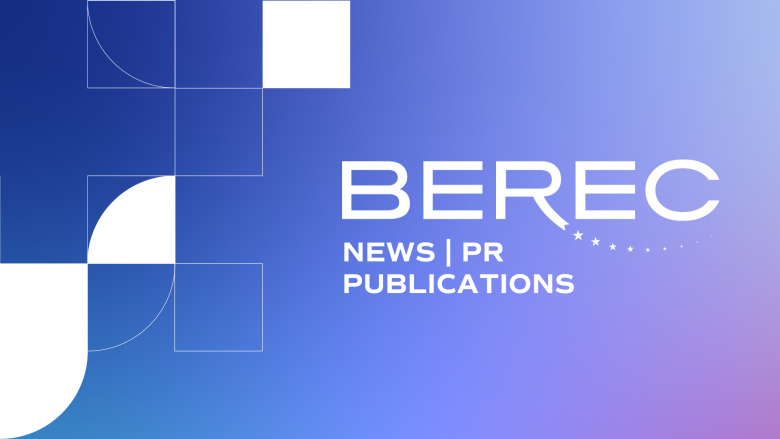14 July 2015
To make the most of the European digital economy, it is necessary to break down existing barriers - BEREC Chair at the ConTEL Conference

BEREC Chair 2015, Prof. Fatima Barros took part in the 13th International Conference on Telecommunications, Graz, Austria with the keynote speech "Regulatory challenges in a new  Digital Ecosystem" and opening of the Workshop on Regulatory Challenges in the Electronic Communications Market
Digital Ecosystem" and opening of the Workshop on Regulatory Challenges in the Electronic Communications Market
Abstract of the speech
Developments in technology, in the electronic communications and related markets, as well as the continuous change in consumers’ needs, expectations and behaviours, is affecting all sectors of the economy and society, resulting in a new digital economy. New opportunities for growth and innovation are emerging in Europe, and it is crucial that the new regulatory requirements and challenges are anticipated and addressed at both national and European Union level, in a coordinated way. The evolution of the Internet and Internet-driven services like the presence of Content and Application Providers, the Internet of Things and Machine to Machine, Cloud Services and Cloud Computing, mean that some services will increasingly become available independent from location, device or platform.
Additionally, consumers will demand hyper connectivity, superfast broadband, wide coverage, high-quality experience, and service ubiquity. Therefore, to make the most of the European digital economy, it is necessary to break down existing barriers, and use a holistic approach to promote the required cross-sectoral measures. The Digital Single Market Strategy for Europe presented by the European Commission last May, goes in this direction and identifies the key role of telecommunications and the importance of appropriate regulation. BEREC, the Body of European Regulators for Electronic Communications, will closely cooperate with the Commission in the Digital Single Market implementation and is already looking into possible areas of adjustment to the current electronic communications legislative framework.
The main regulatory challenges are related to the fair treatment of players on new and cross-sectorial markets, demand take-up, and the promotion of competition as the main driver for investment in new infrastructures. In order to meet the long term connectivity needs of the European Union, exploit innovation and capitalize on the new digital economy, European regulators will need to have an active role and regulate and deregulate as and when needed.


